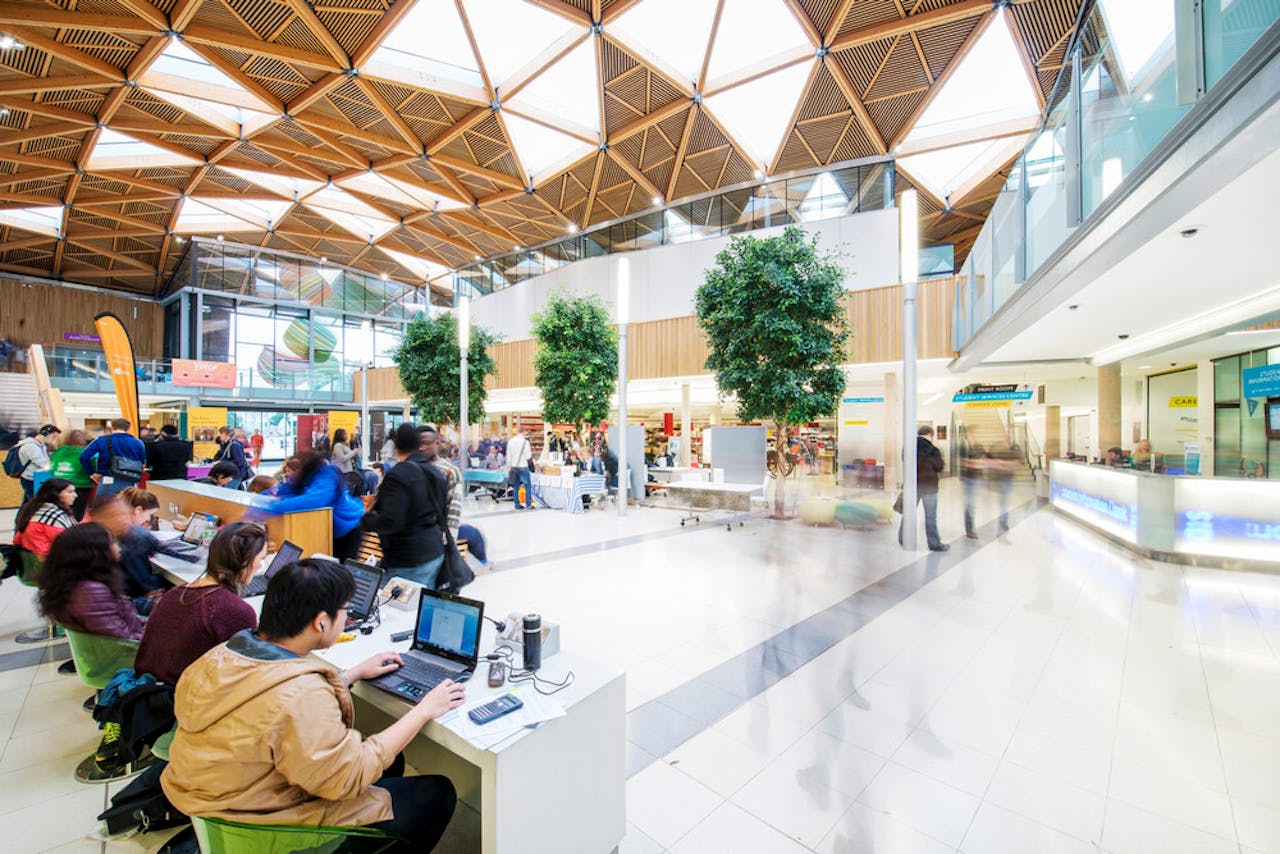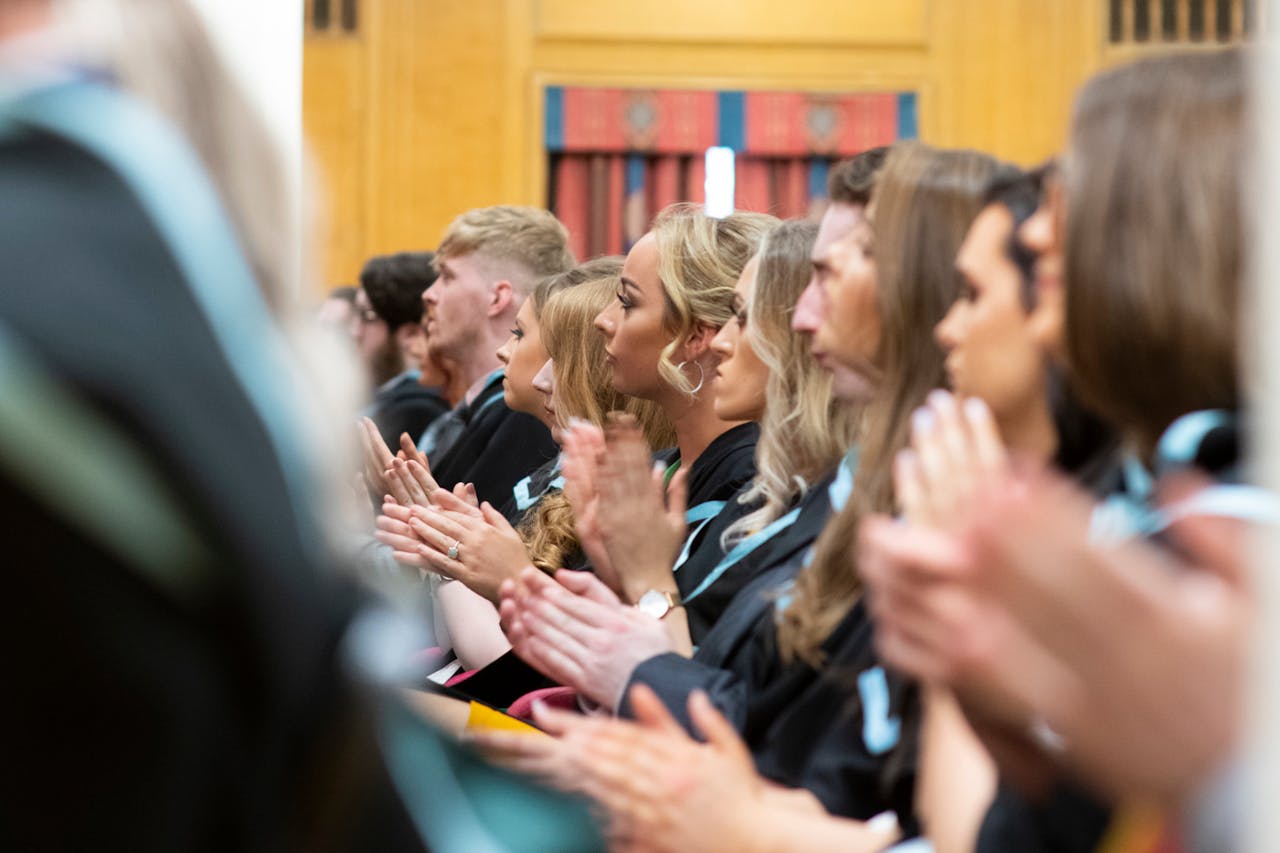Support from Disabled Students Allowance (DSA)
Disabled Students Allowance (DSA) is a non-repayable grant to support students whilst they are at university. The DSA is not means tested, therefore it is not based on household income. It can be used to meet the costs of specialist support such as specialist reading or computing equipment. This is not a loan and students do not have to pay this back, however the money does not go into students’ bank accounts. Instead, it is used to fund support over and above the reasonable adjustments offered by the university.
Around 220,000 students apply for DSA every year however, only 40% of students know about DSA before they start university. There is some confusion among students about what the DSA is for and whether they are eligible to apply for it, particularly among those with mental health conditions and long-term conditions, as shown in The Evaluation of Disabled Students' Allowances report. If students are unsure whether they will be eligible, please encourage them to contact Student Finance directly.
It is vital that students engage with the DSA process as early as possible! Students can apply for DSA as part of their their normal student finance application, which is typically open from March of their final year of school or college. It is not well known, but students can apply for DSA even if they do not have an offer from a university yet. They can update their application with their confirmed university later on. It is important to note that these processes can be lengthy, therefore, the earlier students apply the better chance they will have of funds being available for when they start their course.
Universities, parents and teachers can offer support and advice with these applications; however, it is important to note that the student is the primary contact and will be responsible for managing this process.




